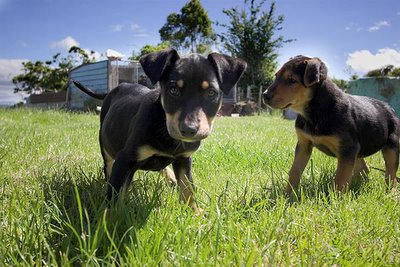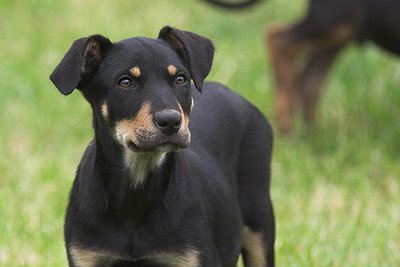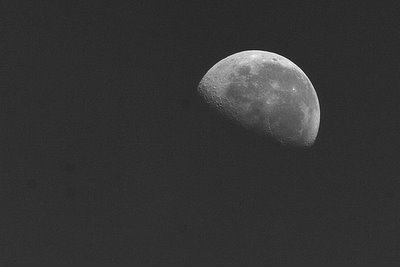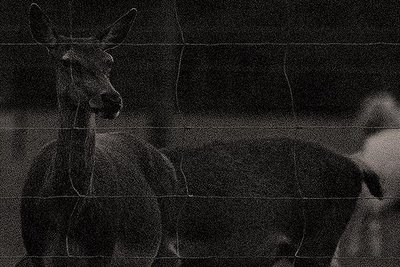Pubs are where the world’s problems are solved1. At the Celtic on Tuesday evening we addressed the problem of how to save the world:  an exploration of the question, “What on Earth makes us act in ways that will ruin it?”
an exploration of the question, “What on Earth makes us act in ways that will ruin it?”
It had begun with the assertion that because we know we’re going to die—and (relatively speaking) soon—only altruistic people give a toss about securing a reasonable future; in other words, because our actions are so far removed from their consequences, we’re mostly free to act irresponsibly.
“Perhaps,” I argued, “if we thought we weren’t going to die—if we thought we’d live indefinitely—we’d look after the planet much better.”
There was general agreement that we were all going to die.
“Not me,” I said, “I’m not.”
Art looked at me, his expression half amused, half scared. “Everyone’s going to die,” he said.
“Prove it.” I could say this confidently, knowing his veganism prevented the taking of life—mine at least, I hoped. “Just because 99 point something of the world’s humans have died doesn’t prove I’m going to. It’s inductive reasoning. Besides, look at all these people,” I said, gesturing at the other patrons and passers-by. “They’re not dead.”
“You’re in denial. You’re afraid of dying.”
To avoid the accusation of inductive reasoning, I resorted instead to wild, sweeping generalisations. “Most people are afraid of dying,” I said.
Wal disagreed. “No,” he said, “most people are afraid of living.”
He went on to explain how most of us live half afraid, insecure, not pursuing our passions. Not taking risks. Not living. But, although he had disagreed, there was no real contradiction. People can be afraid of dying and also afraid of living. I suspect they’re afraid of living because it’s risky and they’re scared it might kill them.
By now some of my friends were laughing nervously and studying their beers. Dee, however, was interested in the original proposition and wasn’t put off that easily. She’d seen a flaw in my argument. “ What about your kids?” she said, referring to children as a concept rather than as real individuals—the fleeting wish of harassed parents the world over. “People do things so their kids will have a good place to live.”
 “The time frame’s too long,” I said, although I didn’t believe it, “and you have to imagine the consequences vividly enough to want to save your kids from them, but most people,”—that incomparably useful generalisation—“have no imagination.”
“The time frame’s too long,” I said, although I didn’t believe it, “and you have to imagine the consequences vividly enough to want to save your kids from them, but most people,”—that incomparably useful generalisation—“have no imagination.”
There was general disagreement that people in general have no imagination.
A boy racer prowled past, panels pulsing, neons glowing. He changed gears—a sound like glass being smashed—and accelerated down the street in a squeal of tyres.
“There, see?” I said, “—no imagination. He can’t imagine the consequences of driving like that.”
“Inductive reasoning,” Art said, “—generalising from one kid to everyone. Your argument’s shit. Most people have some imagination.”
I had to admit it was true—my argument was shit. “But the principle’s true. If he can’t imagine ending up like train smash even when he’s driving like that, how seriously will he think about the consequences for his kids?”
“Maybe if he had kids he’d think about it?” Dee suggested. “He might drive more responsibly, too.”
“There’s an idea,” Andrew said. “Perhaps we could save the planet by encouraging everyone to have more kids?”
There was general agreement that his proposition was flawed.
I thought about Dee’s argument. Perhaps she had a point. When you have kids, you’re more likely to consider the consequences of your actions—at least, I imagine this is what happens. But even then, so many consequences seem remote, abstract, doubtful: faced with the immediate, definite fallout of forgetting to buy batteries for the animatronic Christmas raptor, a special trip to town in the SUV means nothing.
“Immediacy always trumps consequence,” I said, out loud, ending the conversation. We walked across the road to the Downtown complex to watch Harry Potter and the Goblet of Fire, a long film rescued by its humour.
...
I stopped at the gate and got out to open it. The half moon hung bright in an almost perfect sky; a few tatters of luminous cloud glowed along the Ruahine; the night glittered with stars. Despite the steady murmur of the idling engine, a deep silence infused everything—the clang of the metal tubing gate,  the hack of a coughing sheep, the slam of a door in the distance: those brief sounds accentuated rather than diminished the silence. I paused, looked up at the immense sky and across to the faint shapes of deer moving in moonlight. What would all this be like a hundred years from now? What will our children see? Where will they find wildness?
the hack of a coughing sheep, the slam of a door in the distance: those brief sounds accentuated rather than diminished the silence. I paused, looked up at the immense sky and across to the faint shapes of deer moving in moonlight. What would all this be like a hundred years from now? What will our children see? Where will they find wildness?
I parked the car and walked across to the back door, trying to remember where the puppy shit was so I didn’t step on it. A ruru began calling. It sounded like a message from the present, to the unknowable future.
1 I was going to add, “...and cafes”, but then realised it’s not true. Cafes are where the world’s problems are generated. They’re where we buy coffee, thus supporting the giant pesticide corporations and compounding the problems of the desperately exploited people who grow the beans; they’re where we eat cake and cultivate obesity; they’re where we incubate our affluenza.
Photo 1: Yes, I have a new set of neighbours. Three, in fact. Here are two.
Photo 2: Possibly my favourite... but they're working dogs, not pets [sigh]...
Photo 3: Southern hemisphere half moon. If you're in the northern hemisphere, have a look at the moon one night and see if you can spot the difference.
Photo 4: If your monitor's brightness is set too low, this might be a bit hard to appreciate. As with all the photos, click on it to get a larger view.
Photos and words copyright 2005 Pete McGregor
8 comments:
Really funny! but who is Andrew?
That was indeed an interesting conversation, but I wish we could have gone a bit further. The unpracticable bit in such exchanges of ideas is the fact they ususally induce too many paths of thoughts, which factorially increases with the number of people present.
As you said before, one of the best solution would probably to get a white board and write all these tracks of thoughts and examine them one after another. But how many people would do that?
D.
Yes, it did get cut short. We'll have to get it going again soon. As you say, when you have lots of people engaged in the discussion, it's easy for it to get off track. But off track is where you find the most interesting things. Ughh... white boards... I left those behind with my job. If it can't be explored on the back of a quiz night answer sheet, it's too complex for me ;^)
Thanks for the input, D. Oh yes, Andrew—here's a hint. Italy.
Pete
Now that's a conversation. Perhaps I should spend more time in pubs and less in cafes.
What gorgeous dogs!
Hmmm... I see I’ve contradicted myself regarding cafe and pub conversations. No, wait: it's just that I've changed my mind...
In pubs, unlike cafes, no one seems to notice what you wear. Or, if they do, they don't care. Some cafes do have that same feel to them but they're rare. (Hey, that rhymes! Even if it is doggerel).
Speaking of dogs, yes, the pups are kind of cute. Mind you, they were under the house yesterday and it sounded as if a pack of Tasmanian devils had found a Christmas hamper of carrion.
Hi Pete. Really like the top dog photo mate. Something about that one in the perspestive. Was it shot on a wide angle lens?
Comfy
G'day Comfy – congrats on the new arrival. Hope everyone's getting enough sleep ;^)
Yes, wide-angle zoom set to about 21 mm, so it's just a bit wider than 35 mm. It's amazing; the photo is just over a fortnight old, and the pups are already looking noticeably older. [Ooh! One has just learned about electric fences. Ouch!]
Merry Christmas, Wordgirl (& all other fuelfools). Cool, a poem! Thanks! There are some nice thoughts in that; I'll do my best to revel in the cheer hard enough to be disgraced... ;^) Fair trade, organic coffee... well, I suppose so. And I'm being hypocritical, of course—I do enjoy yarning with friends at the StageDoor, and it's a good place to write, too.
Cheers Tiberias, and thanks for the note about SENS. I remember reading about Aubrey de Grey earlier this year, but had forgotten his work. His rhetoric's entertaining, too. I can't help feeling that the real problems would be psychological, not technological.
Looking forward to your return to blogging.
Post a Comment